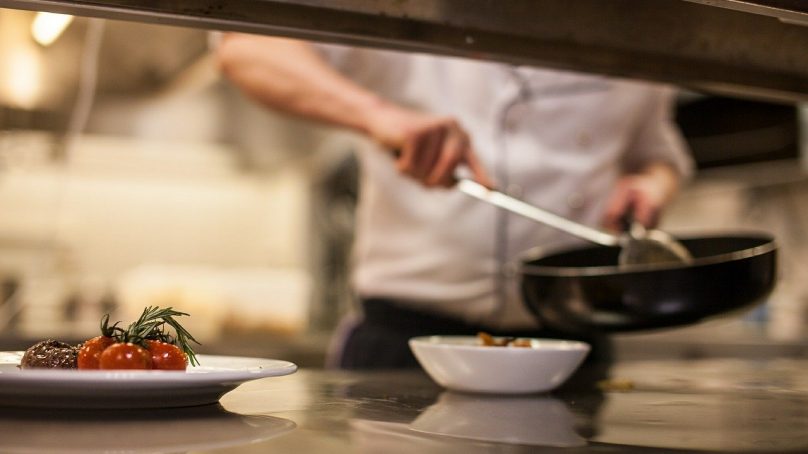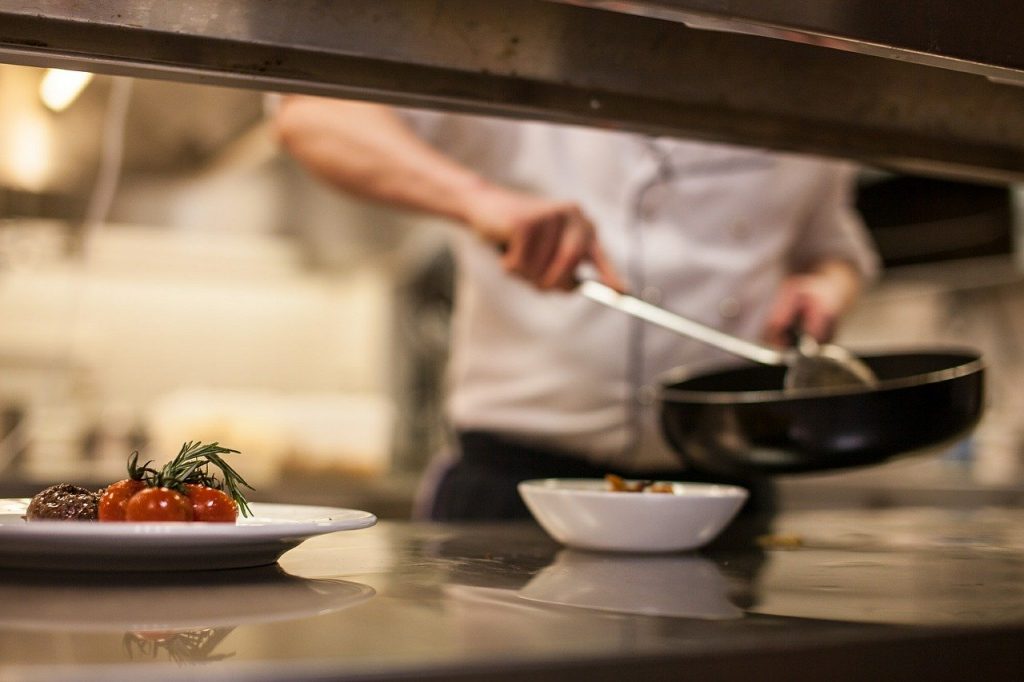
 Dr. Tanios Kassis, Dean of the Faculty of Tourism and Hotel Management at the Beirut-based Sagesse University with the academic certification of Ecole Hôtelière de Lausanne, shares his thoughts.
Dr. Tanios Kassis, Dean of the Faculty of Tourism and Hotel Management at the Beirut-based Sagesse University with the academic certification of Ecole Hôtelière de Lausanne, shares his thoughts.
The world of hospitality has always been in a perpetual evolvement since the prehistoric people who moved about in search of food and shelter till nowadays where the modern technology and the artificial intelligence are changing the normal paradigm of the consumers. Since, hospitality stakeholders are surviving and adapting themselves to the existing situations and circumstances. Nevertheless, the Coronavirus pandemic has made a complete shamble of the whole tourism and hospitality industry.

Dr. Tanios Kassis
Due to the said shuffle, in my opinion, there are six challenges that need to be considered by the hospitality stakeholders in our new world.
- Regaining customers’ trust
As consumers have been confined during the past few months, they are no longer used to going out to public places without being safe. Thus, the new outing experience should be a safe one for the customer to feel comfortable . Under food and service security, restaurants must abide by a new set of procedures in accordance with the World Health Organization preventive methods. These procedures start at the entrance, such as adopting the initial sterilization in the Sanitizing Gate tunnel. It also involves taking customers’ temperature and sterilizing the hands and shoes. The menu should be reviewed and converted from a paper that everyone can hold and transmit it to an online version where the customer can open on his phone. The menu can turn into a disposable version of any one-time use. New innovations will arise by using robotics or artificial intelligence to reduce the risk of transmission of the virus. Cutlery will be sterilized in a more serious way to cope with the threat of the pandemic. The management of the restaurant shall effectively show the customers all these procedures to reassure them and gain their confidence. They should feel the change as the culture of customers towards restaurants will change. Hygiene measures must be strictly enforced, both for the consumer and the staff. Gloves, masks, sterilized cutlery, specialized disinfectant, hand sanitizer, and gels must be more common at eateries. These measures are no longer optional. Without them, the industry cannot operate.
- Places and spaces
Restaurant managers can no longer ignore the physical distancing or the social separation in their restaurants. This measure will remain applicable until the COVID-19 pandemic sees an end. However, this will directly affect people in restaurants, bars, and nightclubs as they are used to being in close quarters.
- The branding effect
Restaurants must develop their own brand or brand image. Branding, with all that it provides, will help restaurants boost their customers’ confidence. The challenge resides in selecting the appropriate marketing and the right tools to attract customers. Restaurants with familiar brand names and a proven track record will be more successful than less known ones. Reputation will have as much importance as quality and value at this stage. People will rely on their past experiences and trust a few establishments they personally know. However, customers are ready to trust reputed and branded restaurants because of their hygiene awareness and procedures inside their service and kitchen areas.
- Developing new ideas or new restaurant concepts
Revolving around the concept of open kitchen, visible kitchen or live cooking will further reassure customers. This will kick off new competitions and perspectives in the food and beverage sector.
- Hiring skilled resources or a specialized workforce
To keep abreast of all these changes in concepts and procedures, restaurants will increasingly need a dedicated and informed workforce. I expect an upward trend in the demand for skilled resources in the hotel, food and beverage industry. Training and skills are now a must for anyone coming into contact with the public. The training should be mandatory for all employees of the company.
- The new cost of operating restaurants
I stress on the importance and the preponderance of this challenge, especially in Lebanon. There is a direct cost related to sterilization, cleaning, brand development, and marketing, estimated at about 10 percent of the bill and in other cases it may exceed this ratio. The cost of the new hygiene standards will be passed onto the consumer where a considerable added expense of the new equipment and measures must be taken. This will be reflected through the pricing of menu items and potentially separate extra hygiene fee. Add to that the loss of not receiving a large number of customers to fill the full capacity of the restaurant space and tables due to physical distancing and low occupancy requirement of 30 percent. In fact, the burden of the fixed charges such as the rent, taxes, and interest costs will be the same whether it is full or not.
About the Lebanese market
Just like the rest of the world, the Lebanese F&B industry is facing the COVID-19 challenges. However, the sector is also suffering from a severe economic and monetary crisis. This situation has led to a radical drop in the consumers’ purchasing power and to a complete change in the lifestyle. Restaurant owners are financially struggling to survive in such a critical and perilous environment. That is why the role of the government is crucial to help and support this sector which employs more than 150,000 employees. Many ministries should be involved to subsidize this industry the soonest. The ministries of tourism, finance and labor must collaboratively set a pragmatic rescue plan to prevent additional closures of restaurants that will arise if no actions are taken. On the other hand, the food and beverage stakeholders who used to focus on the international travelers should be proactive and start concentrating on domestic tourism and on Lebanese local products and ingredients. Our chefs are very professionals and creative, they can re-engineer their new menu items with local ingredients to be affordable and suitable for their guests.
In conclusion, the disruption caused by COVID-19 will totally reshape the F&B industry by imposing drastic and innovative measures to regain consumer confidence. The said situation will drive customers towards a new culture in the F&B sector.
Add to Favorites

















